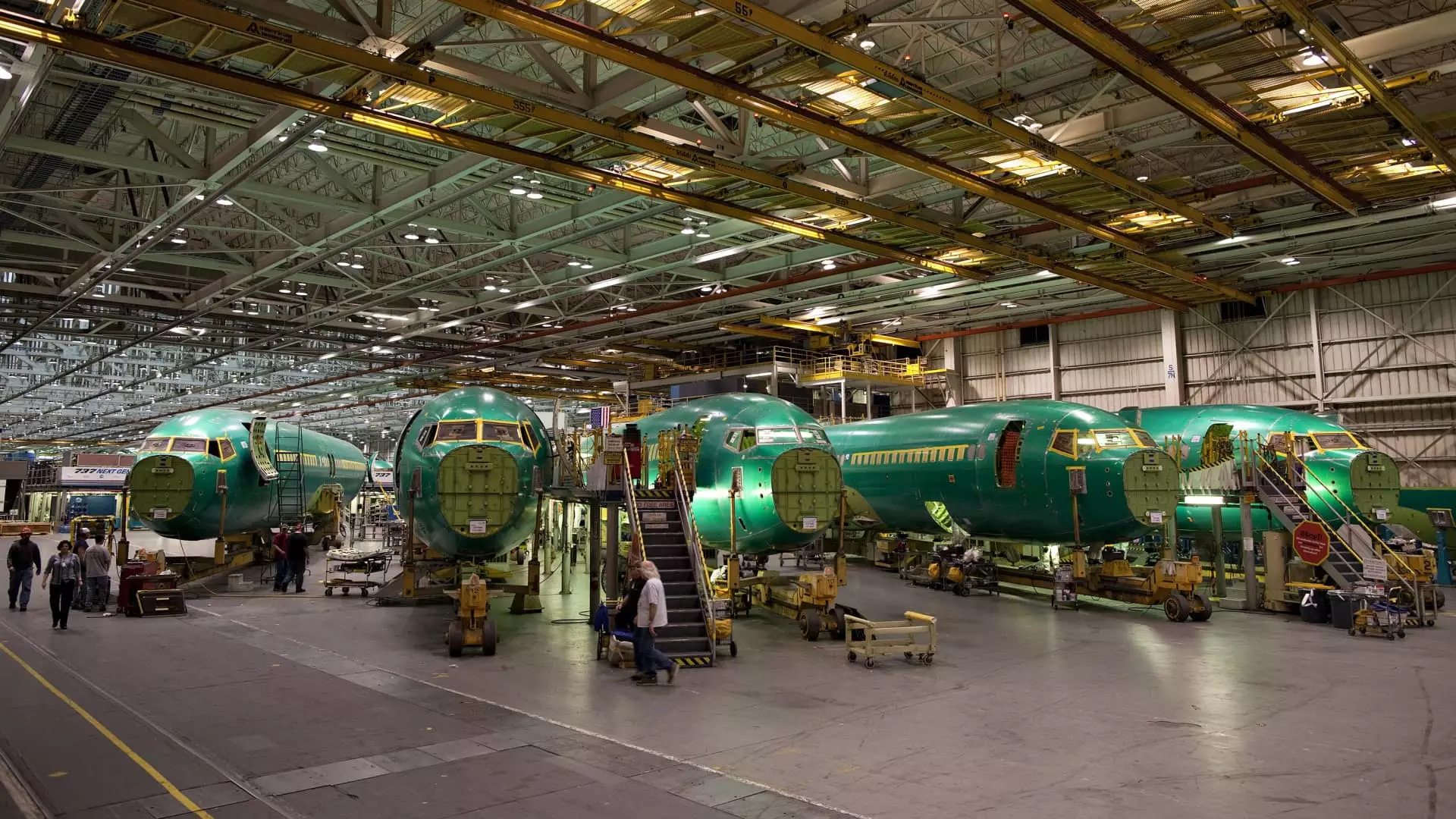Boeing recently announced its intention to purchase Spirit AeroSystems in an all-stock deal valued at $8.3 billion. The planemaker views this acquisition as a strategic move to enhance safety and quality control within its operations. By bringing Spirit in-house, Boeing aims to fully align the companies’ production systems and workforces to ensure a higher standard of excellence in its aircraft manufacturing processes.
The decision to acquire Spirit comes in the wake of a series of incidents that have raised questions about the safety and quality of Boeing’s aircraft. In March, a fuselage panel on a Boeing 737 Max 9 dislodged midair during an Alaska Airlines flight, underscoring the need for improved oversight and accountability in the production of critical components. Spirit, which manufactures fuselages for the 737 and other aircraft, plays a key role in Boeing’s supply chain.
Regulatory Approval and Shareholder Considerations
Boeing’s acquisition of Spirit is subject to approval by regulators and Spirit shareholders. The deal is expected to close by mid-2025, pending regulatory clearance and the completion of necessary consultations. Spirit’s CEO, Pat Shanahan, is seen as a potential successor to Boeing’s current CEO, Dave Calhoun, who is set to step down at the end of the year. The integration of Spirit into Boeing’s operations is seen as a critical step towards enhancing overall quality and safety standards.
The acquisition of Spirit by Boeing represents a significant investment in the future of the aerospace industry. The deal is aimed at strengthening Boeing’s position in the market and improving its long-term financial performance. Despite initial concerns about the financial impact of the acquisition, Boeing remains committed to upholding the highest standards of safety and quality across its operations.
As Boeing navigates the challenges of an evolving industry landscape, the company remains dedicated to driving positive change and innovation. By integrating Spirit’s expertise and capabilities into its operations, Boeing aims to establish a more streamlined and efficient production process. This strategic partnership is expected to yield long-term benefits for both companies and enhance the overall safety and reliability of Boeing’s aircraft.
Boeing’s decision to acquire Spirit AeroSystems reflects its unwavering commitment to safety and quality. The integration of Spirit into Boeing’s operations is poised to yield significant improvements in production efficiency and oversight. By aligning production systems and workforces, Boeing aims to enhance its ability to deliver top-of-the-line aircraft to customers worldwide. As the aerospace industry continues to evolve, Boeing’s strategic acquisition of Spirit underscores its dedication to driving innovation and excellence in aircraft manufacturing.


Leave a Reply